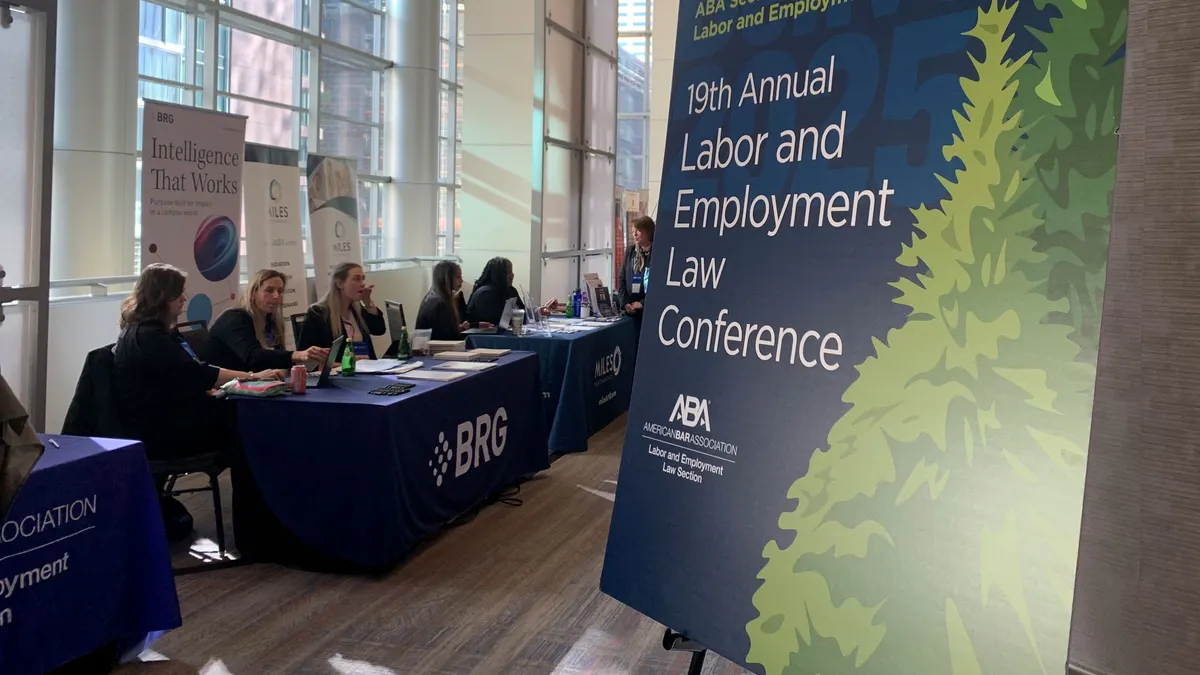DENVER — Employers are no doubt facing a challenging cultural climate with respect to diversity, equity and inclusion. But that doesn’t mean they have to eschew DEI practices, attorneys repeatedly said Thursday at an American Bar Association event.
The Trump administration has put employers on notice, saying it intends to target “unlawful DEI.” But “unlawful DEI was unlawful in 2024, and it is still unlawful in 2025,” said Tobias Spruill, director and head of North American employment law and employee benefits at LinkedIn; “It was never lawful to hire somebody on the basis of race under Title VII.”
Despite claims that the existence of DEI programs or statements amount to discrimination against individuals such as men and White employees, employers should note that courts are still applying traditional discrimination principles, several speakers noted.
“The law is still the law. Title VII is still Title VII,” said Spruill. “Lean on the law.”
To be clear, DEI programs should be rooted in equal employment opportunity for all, Spruill said. In practice, this means, for example, allowing everyone to participate in a “women in tech” event. This should have been the practice anyway, he said, but employers can clarify that events, employee resources groups, mentorships and other programs are open to all workers.
When programs are implemented properly, “this administration would be hard-pressed to challenge [them],” Spruill said.
Others were similarly encouraging of employer DEI programs.
EEOC Commissioner Kalpana Kotagal said many employers have worked closely with legal counsel to review DEI strategies. That’s important, she said, but it’s also important that employers continue to do the work their counsel deemed lawful.
DEI is critical to business success, she said; abandoning diversity, equity, inclusion and accessibility work can lead to classic discrimination claims and loss of the structures that are needed to prevent bias from arising.
Employers that have stayed true to the work they knew was legal have emerged stronger, both operationally and reputationally, Kotagal said.
Former EEOC Commissioner Charlotte Burrows echoed the advice of the others. Employers should look to both the law and their own priorities for direction, she said; “have the statute and your values as your North Star.”
















